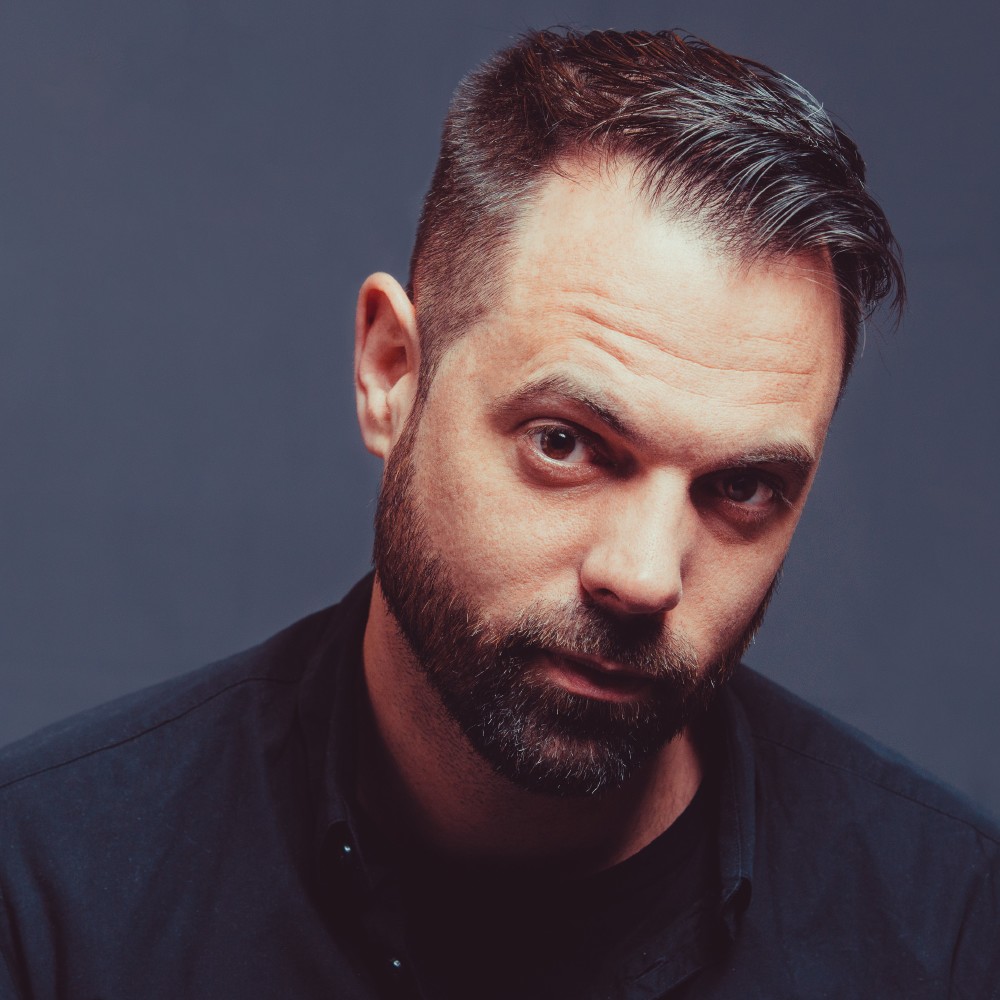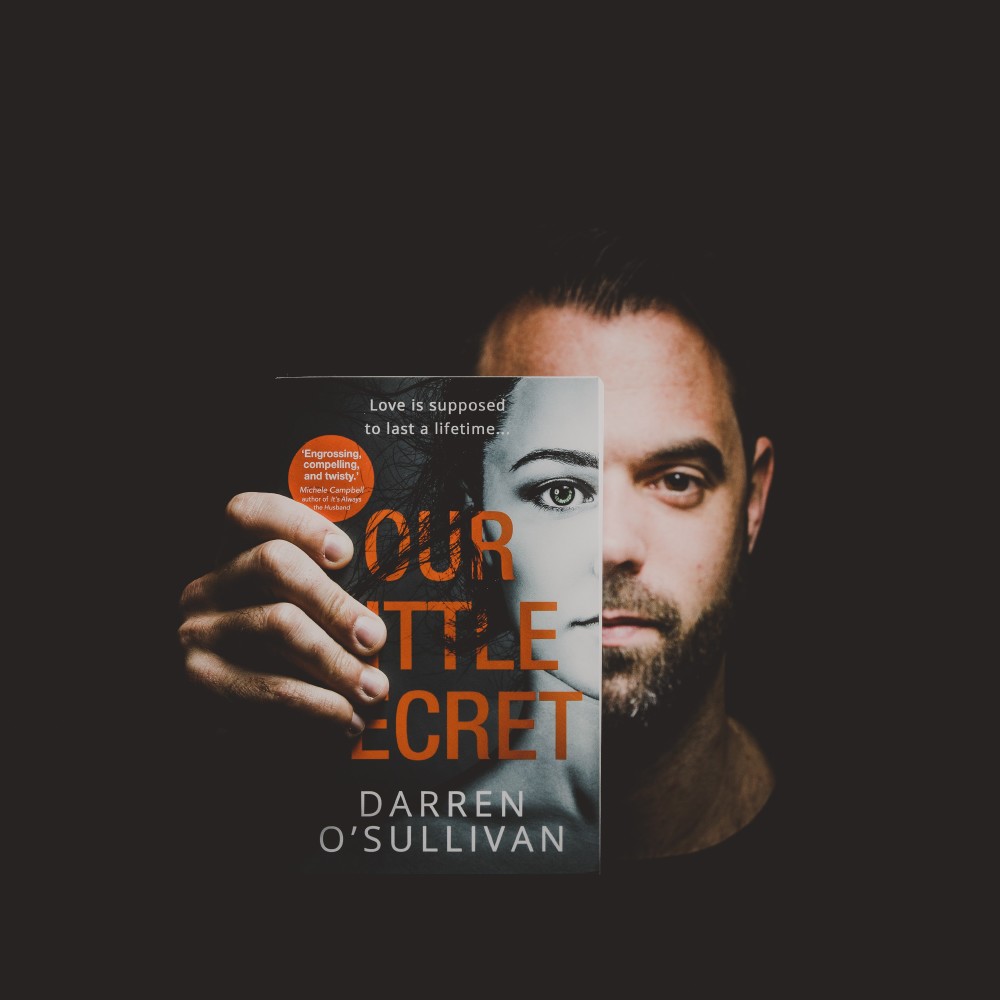In a book market busy with so many psychological thrillers I've questioned and wondered to their success. Why do so many of us readers love a good hook and the shock of when the plot twist comes? What is the common thread?

Darren O'Sullivan
Most (if not all) will contain a character hiding a secret.
But, so are we, the readers.
I read an article years ago, before I wrote my debut Our Little Secret, that stated; we all held onto an average of 13 secrets we haven’t shared. Most of these secrets are harmless. Like the one I shall confess to right now. In about 1991 (give or take a year) I nicked a packet of Lucozade energy sweets from my local corner shop. I’ve never spoken of it until this moment.
I'm glad I've got that off my chest!
Most of the time, the secrets we hold onto aren’t damaging to ourselves, or anybody else. Whether they are our own, or ones we promise to keep for a friend and family member. And these secrets, are a little mundane.
But, mundane doesn’t make for compelling storytelling.
Good stories explore the secrets some of us hold on to that are harmful. Ones that are dark. Ones that can change a person, morph them into somebody else, make them unreliable. (I could talk for days about the unreliable narrator!) These people might be next to us in a coffee shop or someone we smile at on our daily commute. On the outside, ordinary people. People we know. And us knowing this is hugely impacting on our love of the genre.
Because, the fundamental understanding of these secrets hiding in plain sight, gives us this sense of ‘it could happen to anyone, even me’. It makes it something we can hold as we read.
But, secrets being something physical is only one part of the reason they work in stories. The other part, is the story itself.
Alfred Hitchcock, a name on the list of great storytellers, once talked about the difference between mystery and suspense. He stated that mystery was an intellectual process and suspense was an emotional one. So, when writing I focused on what the 'head and heart' of keeping a secret meant and how that would impact on the reader. What would they think, how would they feel?
I mean, hey, who am I to argue with Hitchcock?
Using secrets as a devise for storytelling works because of combining these things mentioned. We identify with secrets because of the 13 we carry ourselves (in my case now 12) and we know that the darkest of all secrets are hiding right under our noses. They exist in the people we interact with and that makes it tangible to us as readers. A story laced with secrets forces us to use both our intellectual and emotional process to guess what those secrets are. It makes us want to turn page after page as it unravels, and the secret unfolds, with a shocking twist we didn’t see coming…


